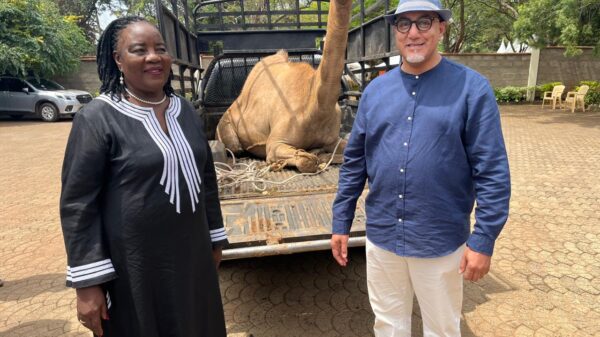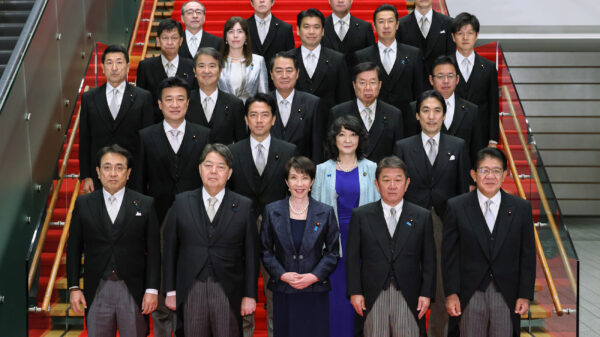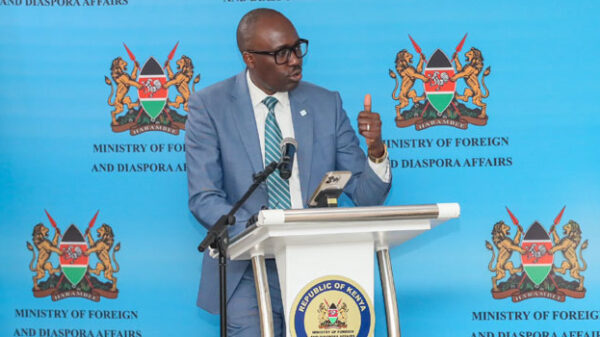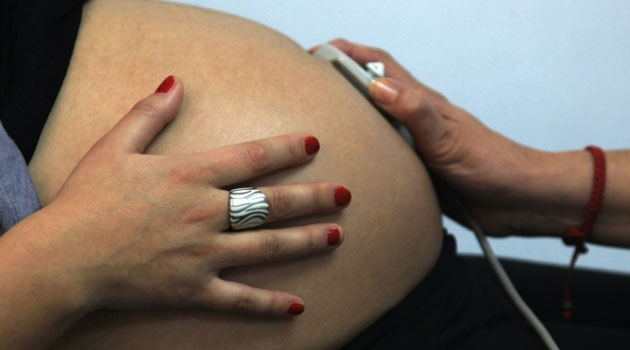NAIROBI, Kenya, Sep 28 – Renowned HIV/AIDS researcher Arthur Obel, a pioneer in Kenya’s early fight against the virus, has died.
His death was confirmed Saturday night by Senator Boni Khalwale, who paid tribute to him as both a mentor and a friend.
“RIP Prof Arthur Obel. My teacher, my friend,” Khalwale wrote on social media, sparking an outpouring of condolences from Kenyans and the scientific community.
Prof Obel was among Kenya’s most prominent medical researchers in the 1990s and early 2000s, remembered for his controversial but groundbreaking attempts to develop locally produced HIV treatments.
He spearheaded several projects aimed at finding affordable solutions to the epidemic at a time when imported antiretroviral drugs were out of reach for many patients.
In the early 1990s, Obel announced the development of Pearl Omega, a drug he claimed could treat HIV/AIDS.
At the time, Kenya was grappling with a rapidly escalating epidemic, with thousands dying every year and treatment options scarce. The government initially backed the drug, hopeful that a homegrown solution had been found.
However, subsequent trials showed little evidence of effectiveness, and the World Health Organization (WHO) declared the drug did not meet international medical standards.
Despite the setback, Obel remained a respected figure in medical circles, remembered for his bold efforts to provide answers during one of Kenya’s darkest health crises.
Other local researchers, including Dr Davy Koech, also attempted to develop treatments such as Kemron, which similarly faltered after raising initial hope.
It was not until 1999, when the late President Daniel arap Moi declared HIV/AIDS a national disaster, that Kenya mobilized a coordinated response.
Moi’s proclamation ushered in the creation of institutions such as the National AIDS Control Council (NACC), the establishment of voluntary counselling and testing (VCT) centres, and the roll-out of antiretroviral therapy (ART) programmes that dramatically reduced mortality.














































